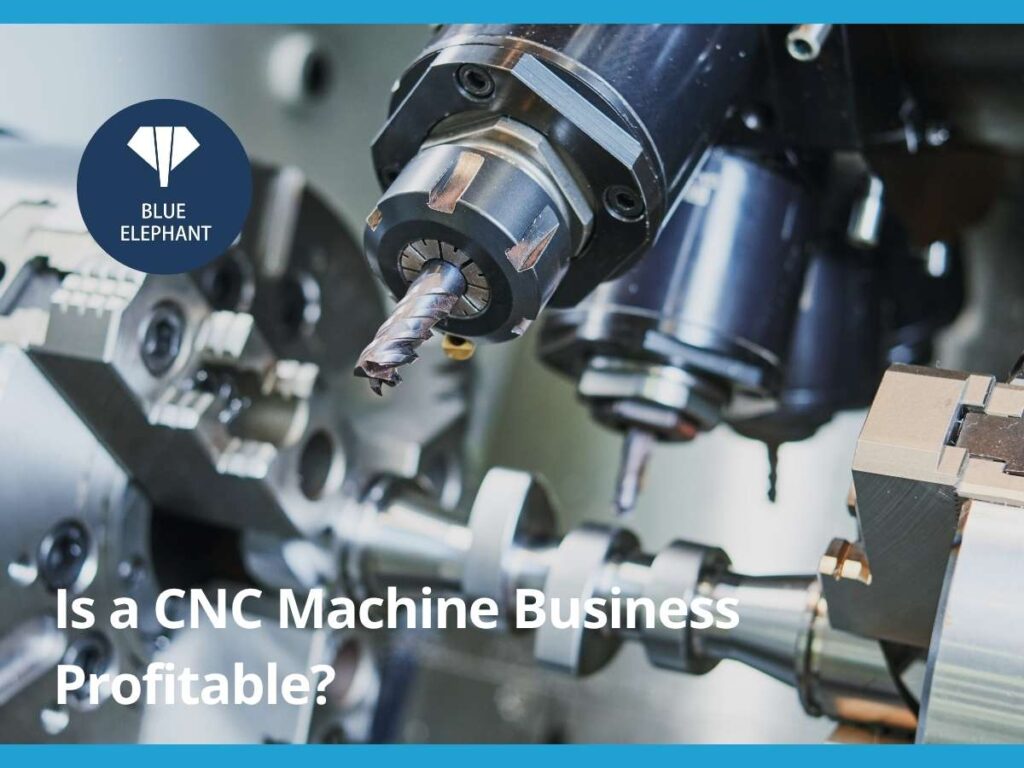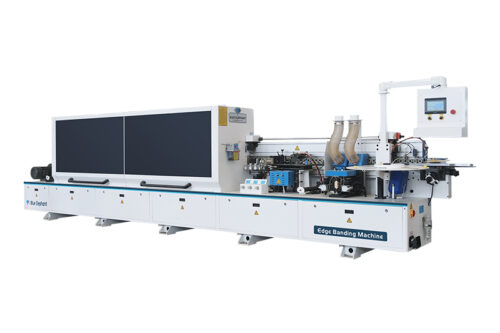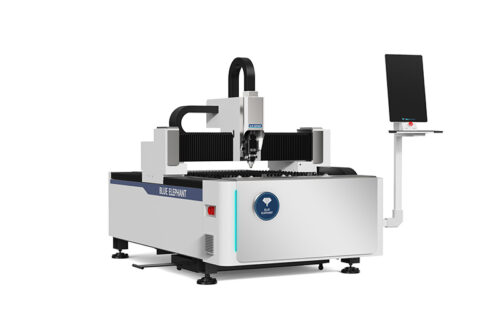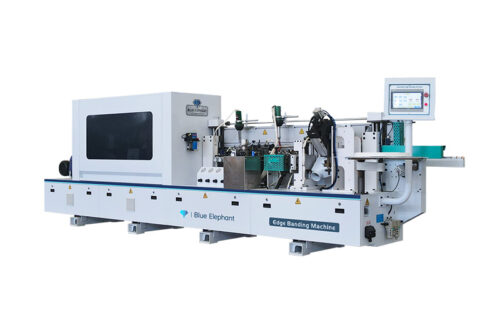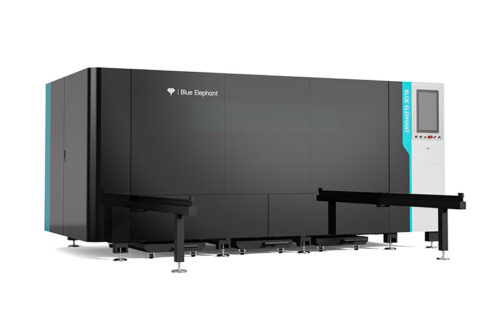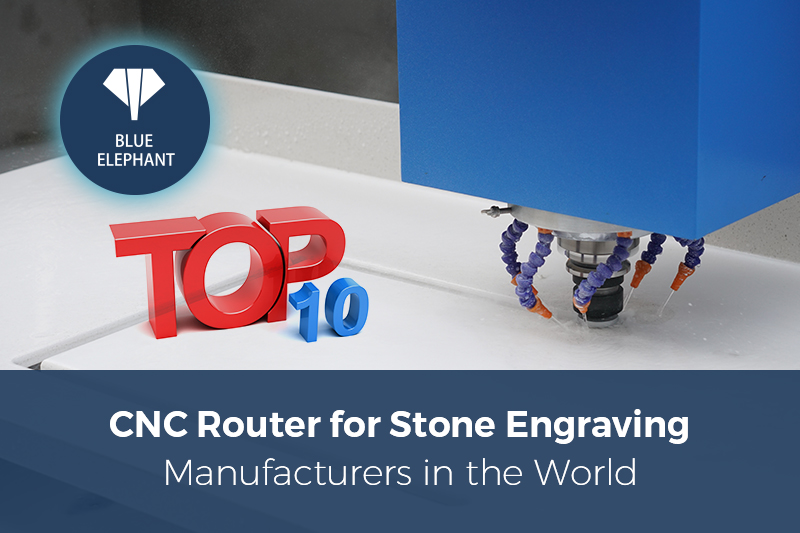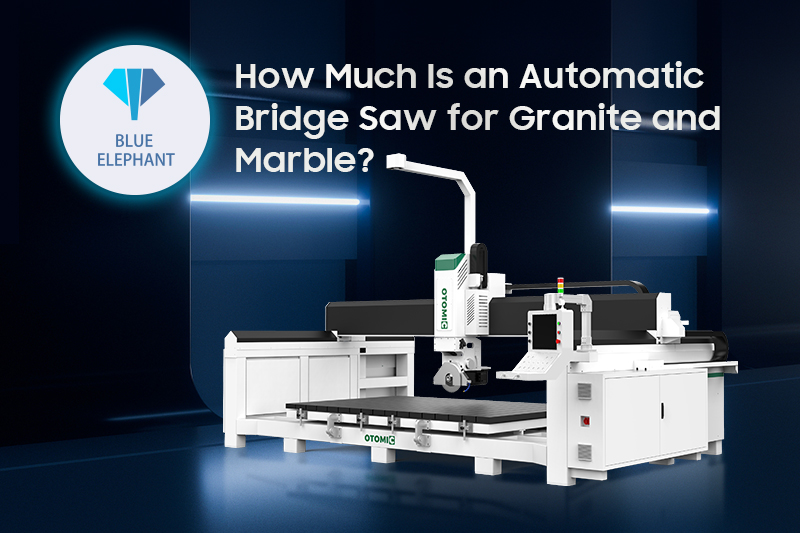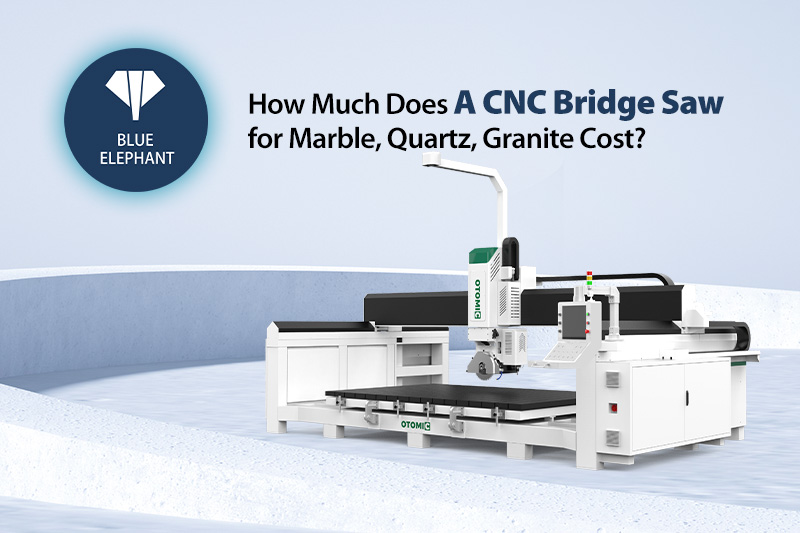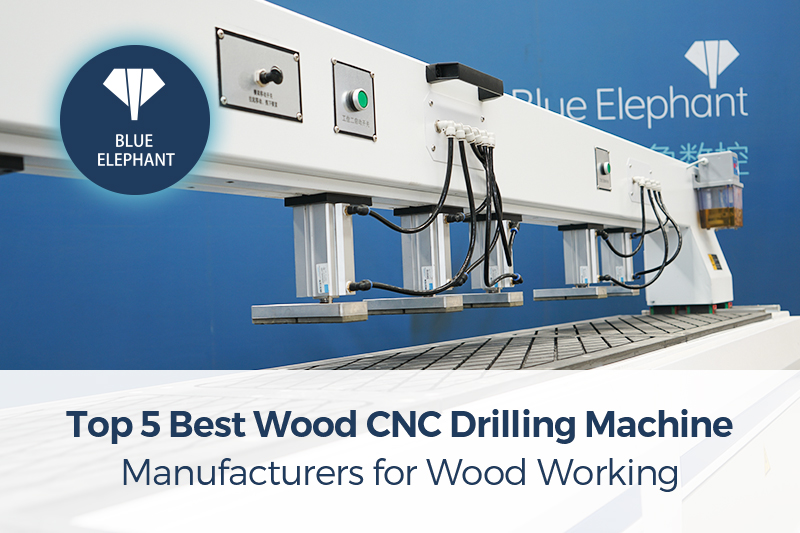A few years ago, I met a small business owner who bought a CNC machine, hoping to boost his production. He expected quick profits, but within months, he was drowning in expenses.
On the flip side, another shop scaled its CNC operations and turned six figures in profit. What made the difference?
That’s exactly what we’ll uncover today.
With experience analyzing industrial businesses, I’ve seen both the wins and failures of CNC machining. The truth? It’s profitable—if you approach it the right way.
This article will break down startup costs, earning potential, and the factors that determine success. If you’re thinking about entering the CNC industry, this will give you the clarity you need.
Let’s dive in!
1. Understanding the CNC Machine Business
CNC (Computer Numerical Control) machining is at the heart of modern manufacturing. Businesses across industries, from aerospace to automotive and medical, rely on CNC machines for high-precision components. If you’re thinking about entering this space, understanding the fundamentals of the business is crucial.
Unlike traditional machining, CNC machining automates the cutting, drilling, and shaping of materials, reducing human error and increasing production speed. But is that enough to make it a worthwhile investment? Beyond the technology itself, a CNC business requires careful planning, market research, and financial strategy to ensure sustainability and profitability.
2. Startup Costs and Investment Considerations
Before diving into a CNC business, let’s talk about the financial reality. CNC machines don’t come cheap. A basic entry-level CNC machine might cost around $10,000–$30,000, while industrial-grade machines can go well over $100,000. And that’s just the beginning. Beyond the initial investment in equipment, business owners must consider additional expenses that can quickly add up.
Here are key cost considerations:
- Equipment: CNC machines, tooling, and accessories. Many CNC shops start with one machine and scale up, but even a single unit requires significant upfront investment.
- Software: CAD/CAM software for programming the machine. Licenses can cost anywhere from $1,000 to $10,000 per year, depending on the complexity of the software.
- Facility & Utilities: Space rental, electricity, and maintenance. Running a CNC machine consumes a substantial amount of power, so utility costs should not be overlooked.
- Labor Costs: Skilled machinists and programmers. Hiring trained CNC operators can be expensive, and businesses may also need to invest in ongoing training.
- Material Costs: Metals, plastics, or other substrates for machining. The cost of raw materials fluctuates based on market demand, and bulk purchasing may be necessary to reduce expenses.
Despite the upfront investment, many businesses find that a well-run CNC operation can generate substantial revenue. The key is knowing where to start and how to optimize costs while maximizing output. Having a strong business plan that accounts for both fixed and variable expenses will ensure that your CNC business remains financially stable from day one.

3. Revenue Streams and Business Models
A CNC machine business can be shaped around your skills, goals, and resources. There are several ways to generate income, and each one has its own rhythm. Here are some of the most common and effective models CNC business owners use:
Prototyping Services
If you enjoy problem-solving and working closely with engineers or inventors, this path can be both rewarding and profitable. I’ve worked on early versions of products for small startups and local creators. These jobs often pay well and open the door to long-term relationships.
Batch Production
This involves producing small-to-medium quantities of parts on a repeat basis. Think of 100 custom mounts or 1,000 identical flanges. Once you land a contract like this, it gives your business steady cash flow and helps you plan ahead with confidence.
Specialized Parts
Focusing on a niche like medical devices or aerospace components can give you a big edge. These jobs tend to pay more because they require tighter tolerances and higher standards. When I started doing more specialized work, I noticed fewer competitors and more room to grow.
CNC Training and Consulting
If you’ve built up experience and enjoy teaching, this is another income stream worth considering. I’ve had clients ask for help with setting up their machines, choosing the right software, or training new operators. It’s a great way to earn while also positioning yourself as a go-to expert in your field.

4. CNC Machining Program and Software Requirements
Your CNC machine is only as good as the software running it. Early on, I realized that mastering CNC programming is just as important as the machine itself. Without the right software, you’re leaving money on the table. High-quality software enables precise machining, efficient production, and minimal material waste, which translates to better profitability.
Key software programs include:
- CAD Software (Computer-Aided Design): AutoCAD, SolidWorks, or Fusion 360 for designing parts. These tools allow you to create detailed 3D models and blueprints.
- CAM Software (Computer-Aided Manufacturing): Mastercam, Fusion 360, or EdgeCAM for generating machine instructions. This software translates your designs into machine-readable code.
- Control Software: Mach3, GRBL, or FANUC for operating the CNC machine. This software controls the physical movements of the CNC system.

5. Market Demand and Competitive Landscape
Let’s be real. CNC machining is not some new breakthrough. It has been a backbone of the manufacturing world for decades, and yes, competition is strong. You’re not the first to think about starting a CNC business, and you definitely won’t be the last. But that doesn’t mean the market is too crowded. In fact, there’s still plenty of opportunity if you know where to look and how to position yourself.
- Aerospace and Defense: These industries rely heavily on CNC shops for highly detailed, precision components. Everything from aircraft engine parts to structural fittings needs to be machined to exact specifications. There is no room for error here, but that’s exactly why companies are willing to pay well.
- Automotive: The demand for custom and replacement parts in the automotive space is steady. I’ve worked with clients needing one-off racing components or small-batch upgrades for restoration projects. If you can deliver speed and consistency, you will find loyal customers in this sector.
- Medical Equipment: This industry requires extreme precision and quality control. Whether you’re machining surgical tools or orthopedic implants, the work is demanding, but the payoff is strong. The entry barriers are a bit higher due to regulations, but once you’re in, the margins are very rewarding.
- Consumer Goods: There is growing interest in custom products like furniture hardware, electronic enclosures, and engraved accessories. If you enjoy creative work, this space allows for flexibility and experimentation. It is also a great area to test new ideas or develop your own product line.
6. Real-World Cases
Not every CNC business follows the same path. Some grow steadily from modest beginnings, while others struggle due to poor planning or unrealistic expectations. Below are a few real-world examples that highlight both the successes and challenges faced by CNC entrepreneurs today.
Success Story: Steady Growth Through Local Contracts
One small CNC business began with just a single used machine in a rented garage. By focusing on short-run production for local businesses, they kept startup costs manageable and built strong client relationships. Over the next five years, they expanded to a larger facility, added more machines, and secured long-term contracts with manufacturers in their area.
Success Story: Niche Market Focus with Strong Online Branding
Another successful case comes from a CNC shop that specialized in custom motorcycle parts. Instead of targeting general machining jobs, they built a product line for motorcycle enthusiasts looking for premium components. With the help of targeted social media campaigns and an online storefront, they reached customers far beyond their local market.
This focus on a specific niche helped them stand out and command higher prices, leading to consistent revenue growth within just a few years.
Challenges to Avoid: Overinvesting Before Securing Work
On the other hand, some startups struggle due to premature scaling. In one example, a CNC company invested heavily in top-tier machinery and a large commercial space but lacked any customer base.
With no contracts or consistent income, monthly expenses quickly outpaced their earnings. They were forced to downsize and restructure before they could recover. The key lesson here is to grow in stages and match investments with real demand.
Cautionary Tale: Pricing Too Low to Stay Competitive
Some businesses make the mistake of underpricing their services in an effort to win jobs. While this might bring in clients initially, it often leads to burnout and financial stress. One CNC shop accepted nearly every project that came their way, even at low margins. Despite a full schedule, the owner struggled to cover costs and couldn’t reinvest in new tools or staff. Without healthy margins, growth becomes nearly impossible.
7. Profitability Analysis: Cost vs. Revenue
Profitability is the most critical factor when considering a CNC machining business. While the upfront investment and operational costs can be significant, a well-managed CNC shop can achieve healthy margins and sustainable income. Let’s break down the cost structure and revenue potential to better understand how a CNC business can be profitable.
Cost Breakdown (Monthly Estimates):
| Expense Category | Estimated Cost Range |
| CNC Machine Loan | $2,000 – $5,000 |
| Rent & Utilities | $1,500 – $3,000 |
| Materials | $2,000 – $6,000 |
| Labor Costs | $4,000 – $8,000 |
| Software & Maintenance | $500 – $2,000 |
These costs vary based on the scale of the business, location, and type of CNC work being performed. For example, a small job shop operating from a home garage will have significantly lower rent and utility costs compared to a larger industrial facility.
- CNC Machine Loan: Financing a high-end machine is often necessary for startups, and monthly payments will depend on the loan terms and machine type.
- Rent & Utilities: If operating from a commercial space, rental costs can add up quickly. Electricity costs are also a major factor since CNC machines consume considerable power.
- Materials: Raw materials such as aluminum, steel, titanium, plastics, or wood contribute to operational costs. Bulk purchasing can reduce expenses.
- Labor Costs: Skilled CNC machinists and programmers demand competitive salaries, but their expertise directly impacts production efficiency and quality.
- Software & Maintenance: Subscription fees for CAD/CAM software and machine maintenance add to ongoing costs but are necessary for seamless operations.
Potential Revenue:
Revenue potential depends on multiple factors, including the types of services offered, industry demand, and the business’s ability to secure high-paying contracts.
- Small Custom Parts: These include one-off or low-quantity parts that businesses may need for rapid prototyping or specialized projects. While smaller orders provide flexibility, they may not be as consistent or profitable as bulk orders.
- Batch Production: Many CNC businesses secure contracts with manufacturers that require a steady supply of machined components. This provides predictable cash flow and allows for bulk pricing, increasing profitability.
- High-End Specialty Machining: Serving industries like aerospace, medical, or automotive customization can command premium prices. Precision machining for these industries often comes with stringent quality standards but offers significantly higher revenue potential.
Conclusion
Running a CNC business isn’t for everyone, but for the right person, it can be incredibly profitable. You’ve learned what it takes, from startup costs and software to real-world stories and profit margins.
There’s no perfect moment to begin. The right time is when you’re prepared and ready to act.
If you’re serious about building something of your own, this is your chance to take control.
Are you ready to explore your next step?
Contact Blue Elephant today. Let’s talk about where your CNC journey begins.
Recommended Reads for You
If you’re looking for more insights, we’ve put together a list of helpful articles that you might enjoy:
Still haven’t found what you’re looking for? Don’t hesitate to contact us. We’re available around the clock to assist you.


